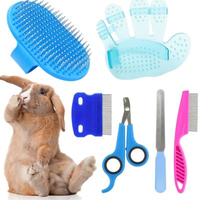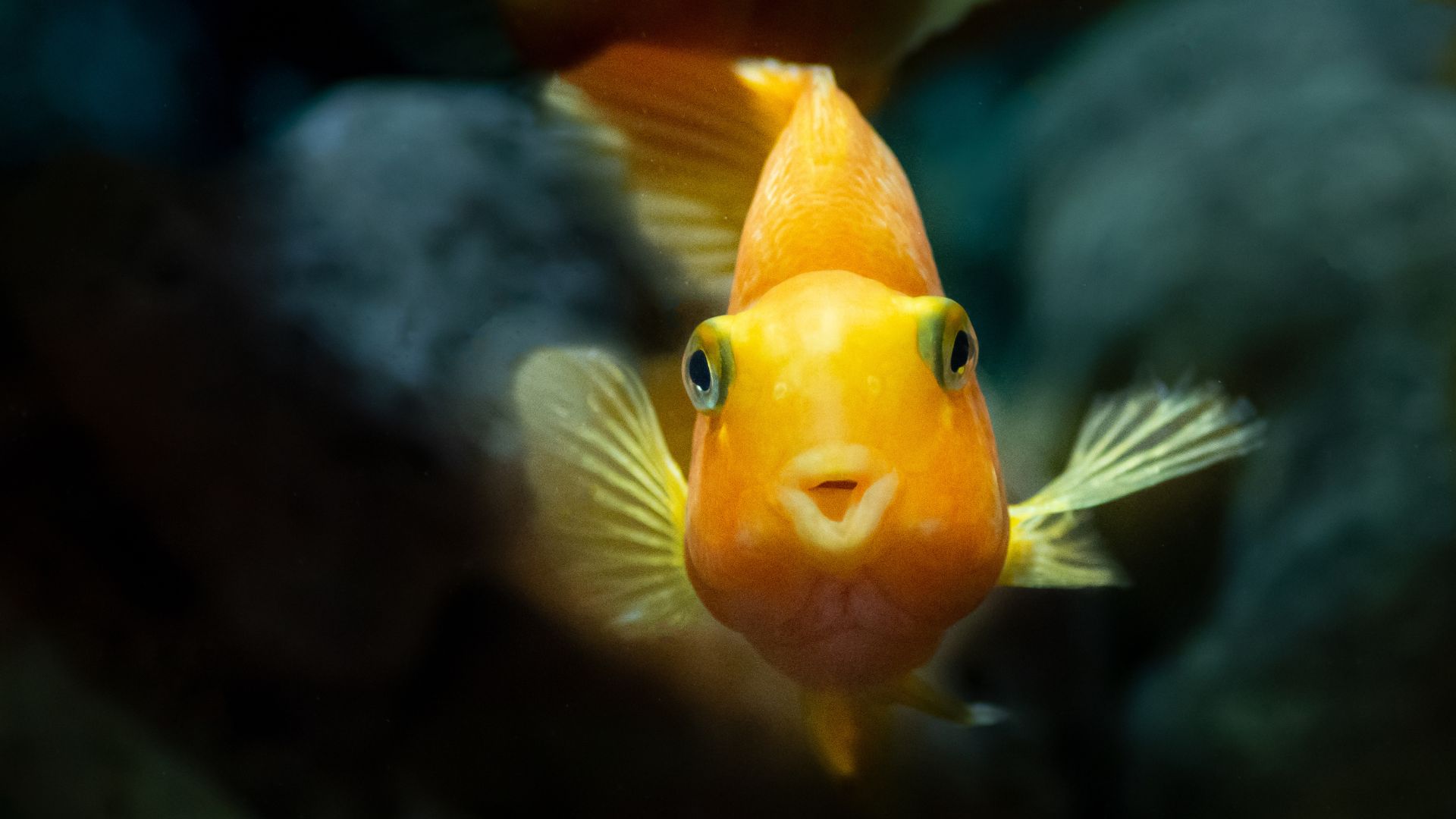Vet shares 6 tips on how to keep a rabbit cool in summer
Want to learn how to keep a rabbit cool in summer? Our expert is here to help!
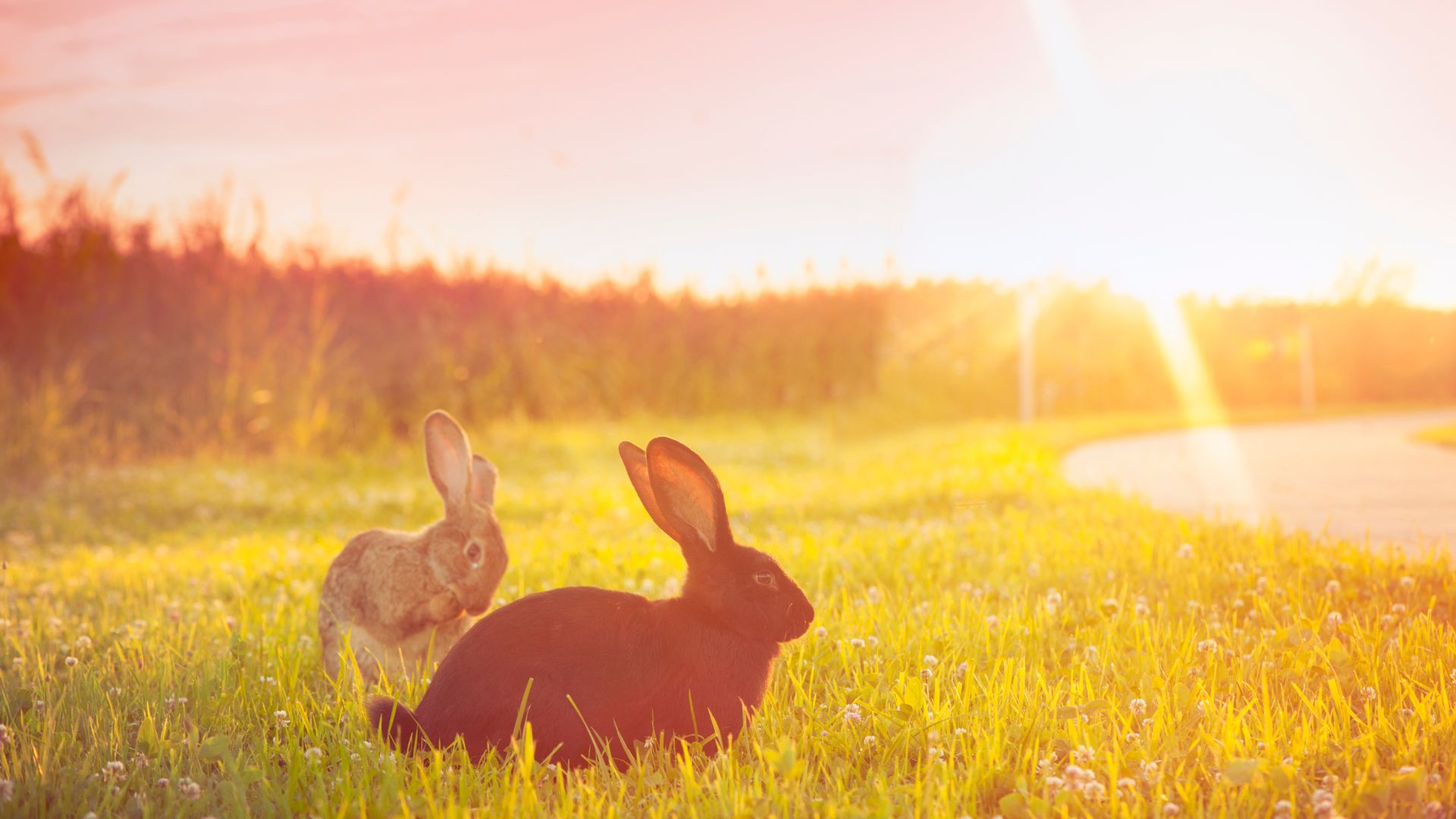
If you want to learn how to keep a rabbit cool in summer, then you've come to the right place. As the weather gets warmer and your bunny ventures outdoors more, it's important that you know how to keep them safe in the sun.
Summer is a great time for our rabbits, giving them more time to play in the garden. However, if they get too hot then it can increase their chances of heat stroke which can be fatal. There are lots of ways that you can help prevent this, like putting one of the best indoor rabbit hutches in a cool area of your home or splashing cold water behind their ears.
Since our bunnies can't talk to us, sometimes it can be a little tricky to work out whether they're too hot or not. However, there are lots of signs to look out for which vet Dr. Rebecca MacMillan has explained below. She's also given her expert advice on ways to keep a rabbit cool, what temperature is too warm, and whether they can have ice cubes.
Here's a complete summer survival guide:
How do I keep a rabbit cool in the summer?
Here are some ways that you can keep your rabbit cool in the summer, recommended by Dr. MacMillan.
1. Keep their hutch/run in the shade: If your rabbit goes outside, find a shady spot in the garden for their hutch or run and make sure you never leave it in direct sunlight.
2. Keep them somewhere cool: When your bunny is indoors, make sure you move them to a cool area of your home. You'll want to avoid areas like conservatories or sunrooms which heat up very quickly. You might also want to close the curtains or put a fan on to help them stay cool.
PetsRadar Newsletter
Get the best advice, tips and top tech for your beloved Pets
3. Give them something cool to lay against: Provide your rabbit with a large, cold bottle of water that they can lie on when they get too hot. A floor tile or ceramic/slate tile also works well and usually stays cold if it's left in the shade (top tip: put it in the fridge beforehand!) If you don't have any tiles lying about the house, a damp towel will do the same job.
4. Keep them well-groomed: It's always important to ensure your bunny is well-groomed as part of their regular rabbit care, but it's even more crucial in the summertime. By removing their loose fur, you'll help them to feel a lot cooler (and happier!)
This handy grooming kit has everything you need to keep your bunny's coat in tip-top condition. For under $13, you'll get a nail clipper, a trimmer, a brush for shedding, a bath brush, and two combs.
Dr. MacMillan says: "You should also be checking your rabbit’s bottom at least once daily during the summer months. Ensuring that it is clean and dry will reduce the risk of flystrike. Flies are attracted to smelly, damp, or warm areas, where they will lay their eggs. If left unchecked these eggs can hatch within a matter of hours into maggots, which will start burying into your rabbit’s flesh. This is why checking on your rabbit regularly is so important."
5. Apply cool water to their ears: Did you know that rabbits don't sweat like we do? By applying cold water to their ears, you'll help them to cool down and lose heat through evaporation.
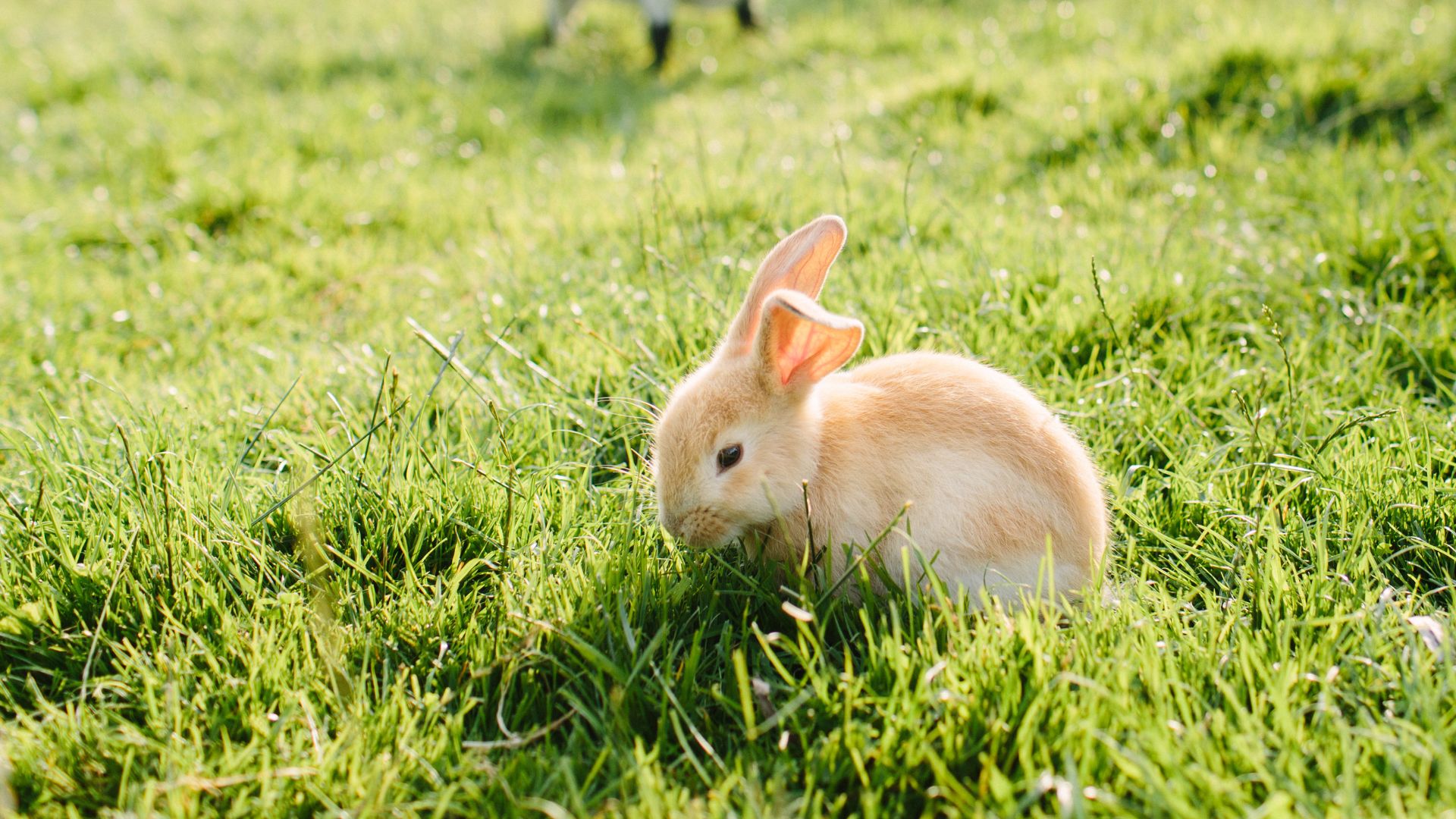
What temperature is too hot for rabbits?
You might be wondering what temperature is too hot for your rabbit. After all, it can be very subjective for us humans.
Dr. MacMillan says: "Temperatures above 25C (77 F) are too hot for rabbits. They will start to struggle at these sorts of high temperatures, and you should take steps to keep your rabbit safe and comfortable."
How do I tell if a rabbit is too hot?
If you think your bunny is too hot, Dr. MacMillan says they might...
- Seek out a shady spot
- Seek out a cooling breeze
- Stretch against cool surfaces
- Drink more water than usual (make sure this is topped up regularly)
- Breathe more rapidly than usual
- Notably pant
- Have ears that feel warm or hot when you touch them
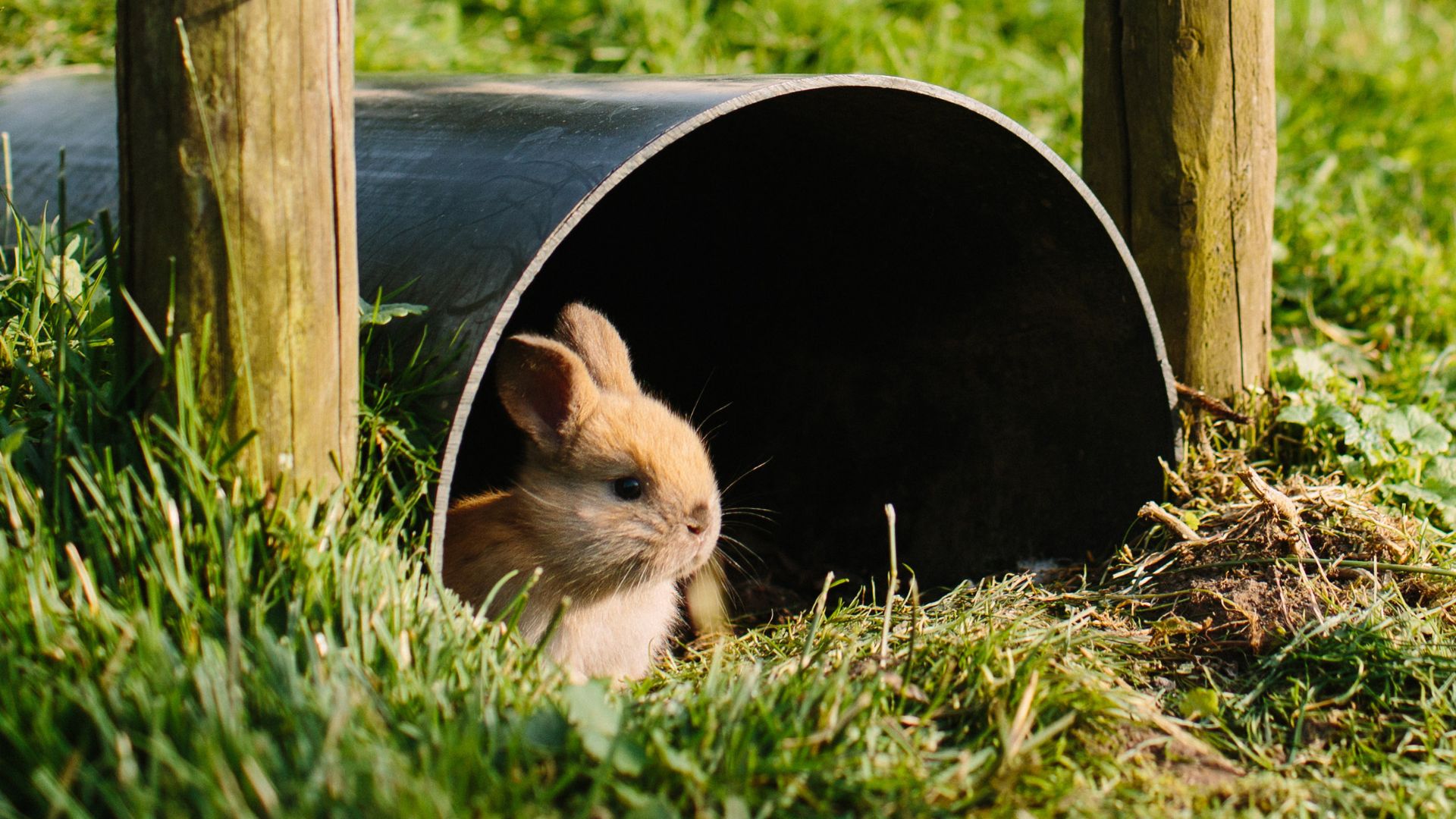
Can rabbits have ice cubes?
There's nothing better than cooling ice cubes on a hot sunny day, so you might be curious whether our rabbits can have them too. We asked Dr. MacMillan and the answer is yes — and there a couple of ways that you can give them to your bunny.
Whether you add them to their water bowl/bottle or freeze pieces of vegetables, it's a great way to cool them down. If your rabbit isn't interested in normal ice cubes, the latter idea could encourage them more. Dr. MacMillan says to steer clear of artificially flavored or sweetened ice which isn't healthy for your bunny.
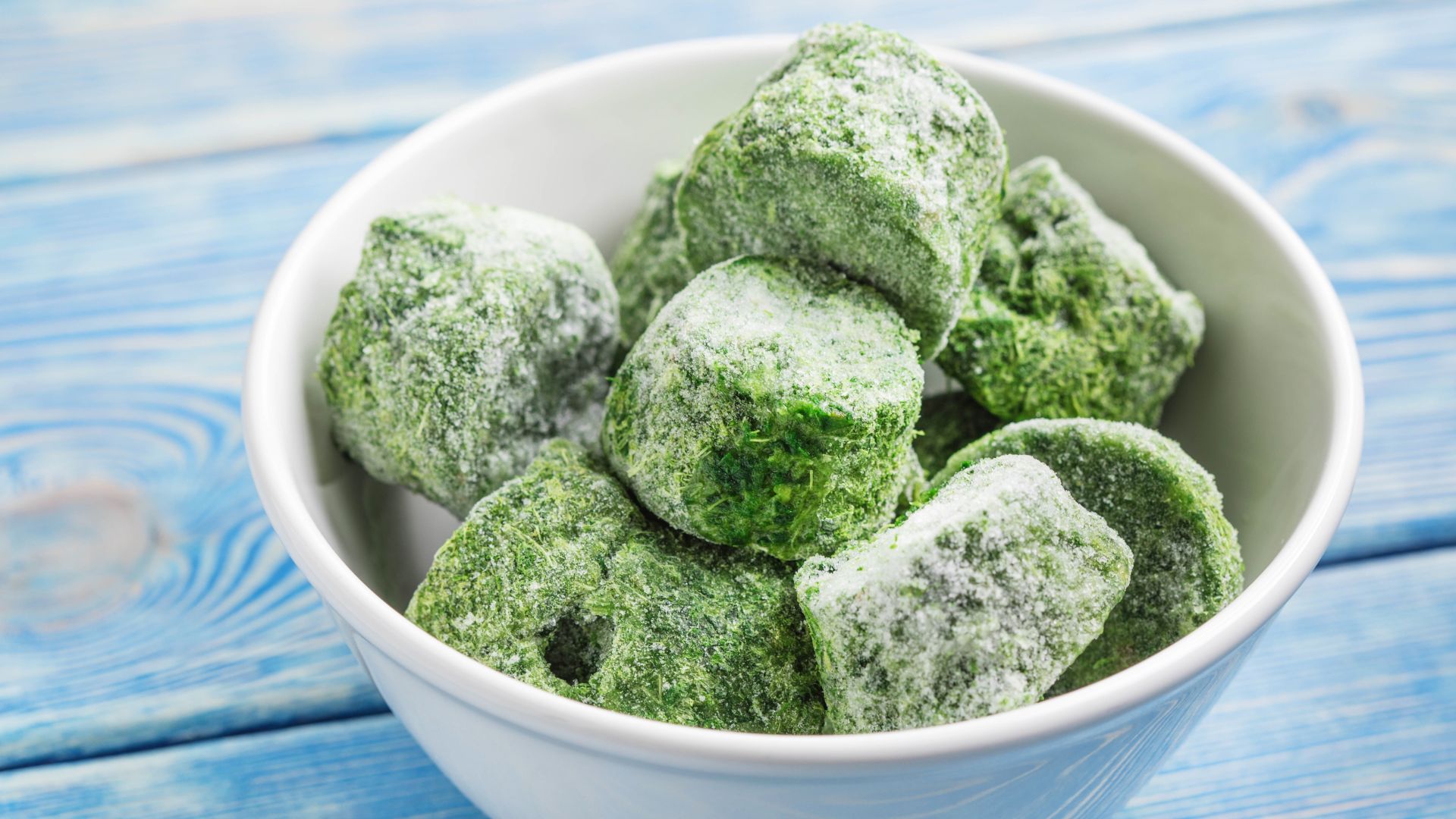
Can rabbits get heat stroke?
Unfortunately, rabbits can get heat stroke if they are exposed to hot temperatures. This can be really dangerous and even lead to death, so it's super important to know to signs so you can help immediately.
Dr. MacMillan says that if your bunny has heatstroke, they might:
- Feel weak
- Pant
- Drool
- Have hot or red ears
- Collapse
- Have a seizure
She says: "If you suspect that your rabbit is suffering from heatstroke, then this is an emergency situation. I always advise owners to lay their rabbits on a cool, damp towel and to gently apply water to their ears. You should also try and create a breeze for them (perhaps with a handheld fan) and get them to your vet as soon as possible."
Are rabbits herbivores? A vet reveals the answer in this helpful diet guide. Plus, here's how to get rid of fleas on rabbits if you suspect your bunny might be infested with pesky parasites.
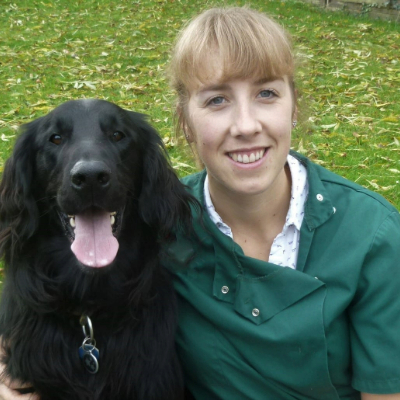
Rebecca is a vet surgeon who graduated in 2009 from the Royal Veterinary College in London. She has a wealth of experience in first opinion small animal practice, having done a mixture of day-to-day routine work, on-call emergency duties and managerial roles over the years. She enjoys medicine in particular and she is proud to have recently achieved a BSAVA postgraduate certificate in small animal medicine (with commendation).
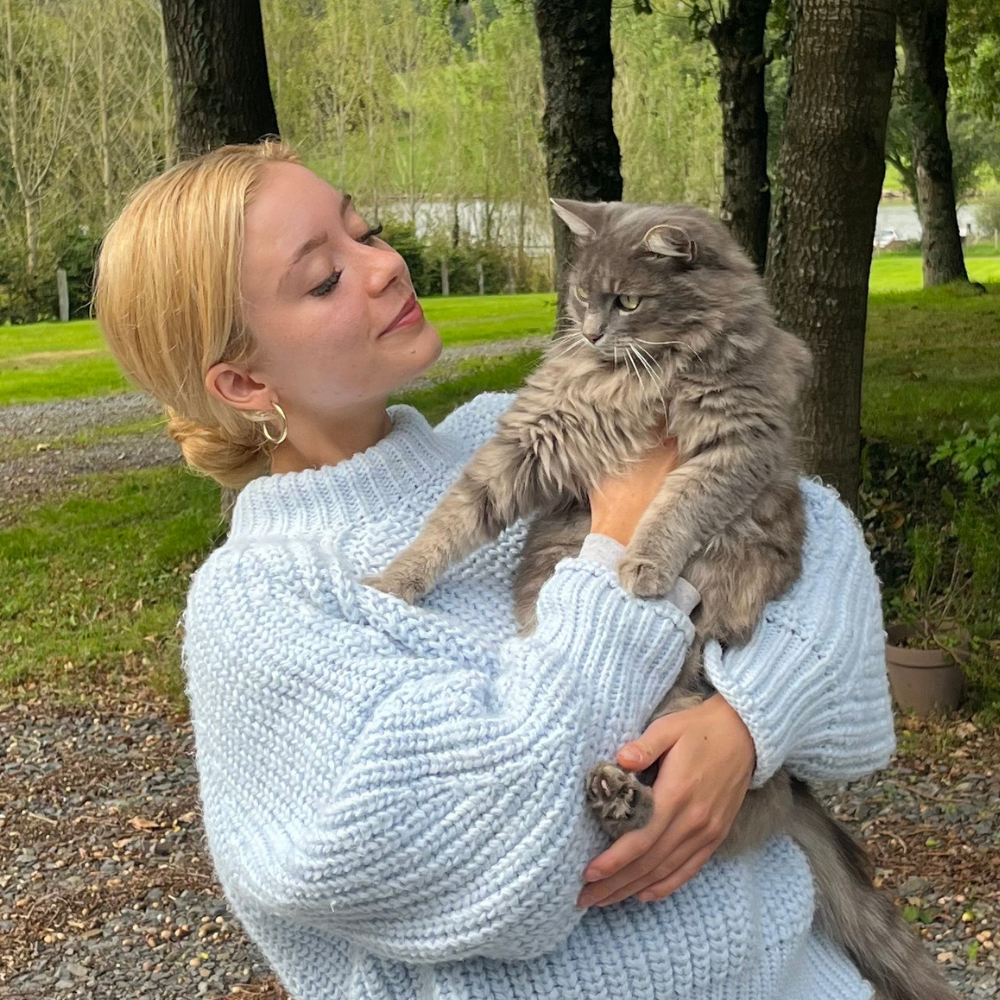
Megan is a Staff Writer at PetsRadar, covering features, reviews, deals, and buying guides. She has a wealth of experience caring for animals, having grown up with dogs, cats, horses, guinea pigs, and more throughout her life. She studied BA Journalism at the University of Westminster, where she specialized in lifestyle journalism and was editor of Smoke Radio’s lifestyle website. Megan works alongside qualified vets and accredited trainers to ensure you get the best advice possible. She is passionate about finding accurate and helpful answers to your pet-related questions.
